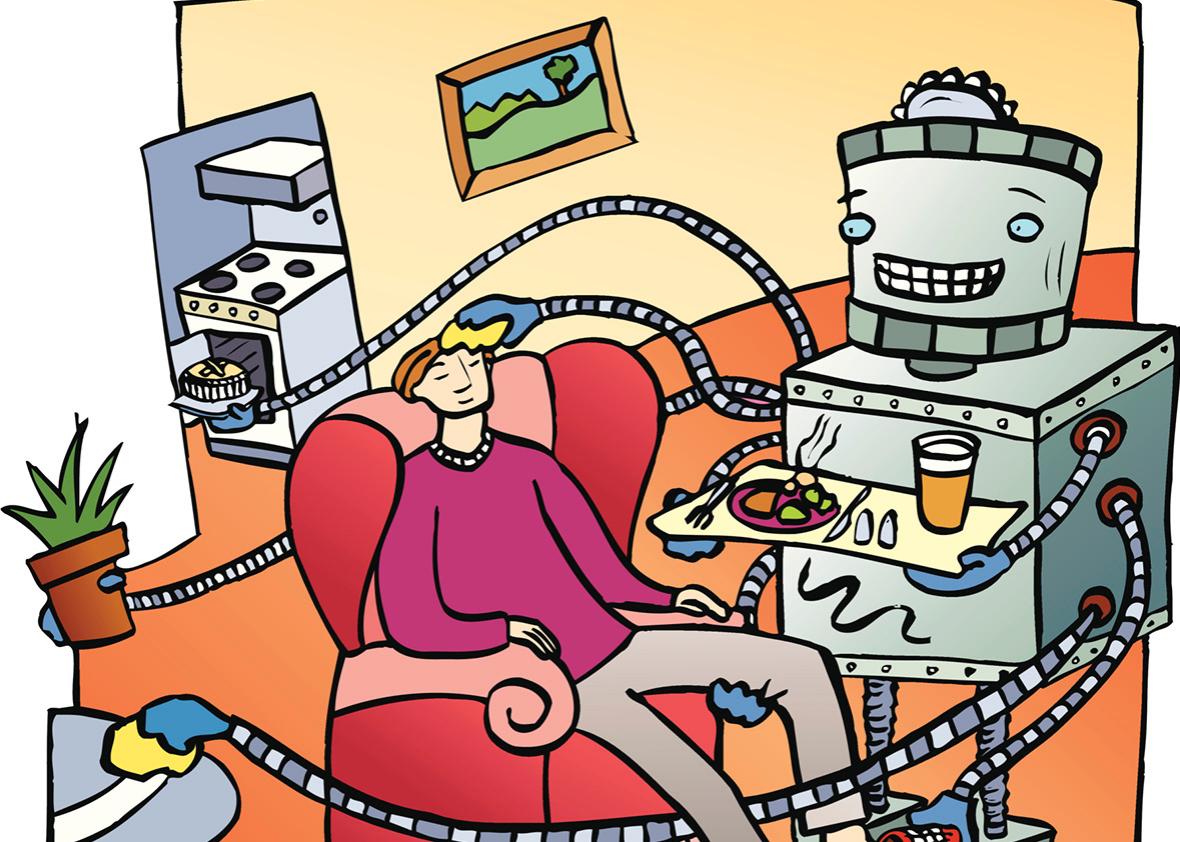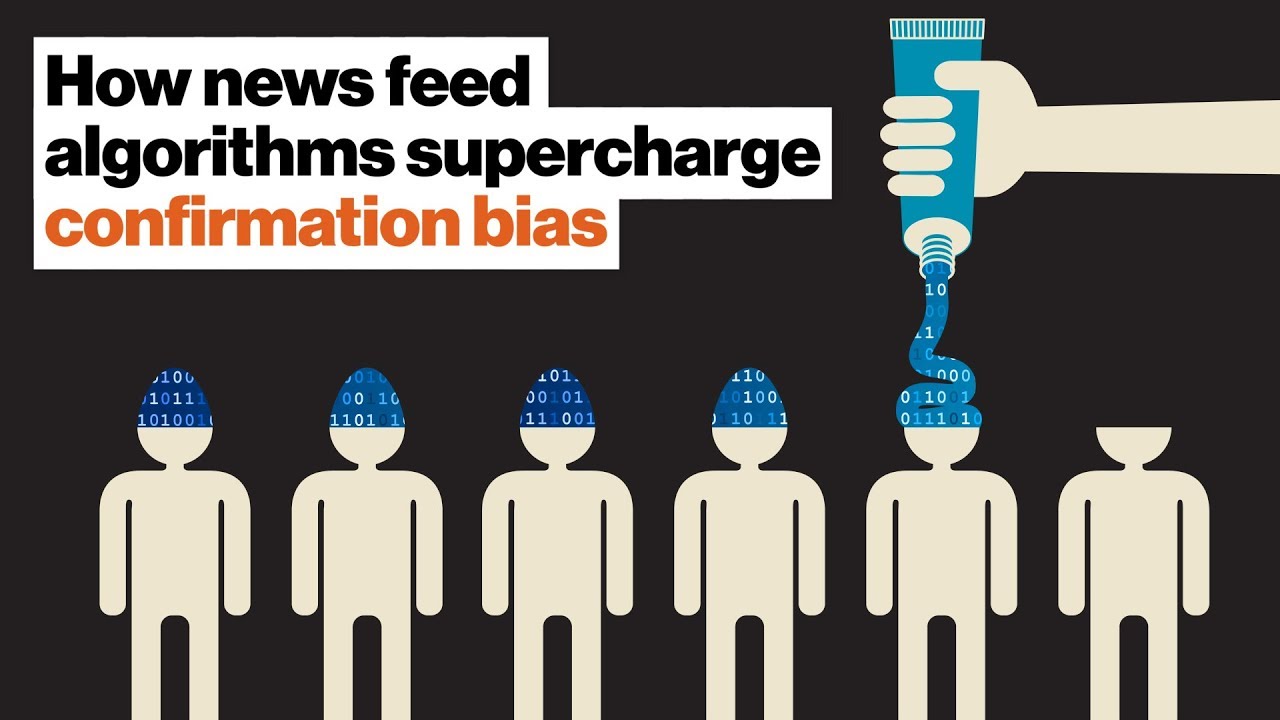
The new AI Auto course was designed with students in mind, and was created by curriculum design experts at Google in collaboration with Stanford University and autonomous vehicle specialists from Silicon Valley. There are two levels in the course. One is for G6 to G8 students while the other is for G9 to G12 students. Both levels offer hands-on experience in the use of autonomous vehicles in everyday living. The course aims at inspiring students to pursue careers related to AI and computer science.
Increasing penetration of AI technology in the automotive industry
The automotive industry has undergone a transformation over the years, with numerous innovations, including artificial intelligence, and the use of machine learning to improve customer satisfaction and experience. These technologies have made it possible for the industry to expand its market and retain customers. Additionally, they have improved efficiency and created a better customer experience. This evolution has also led the development and use of new technologies, like infotainment. This technology allows customers to interact remotely with the vehicle, giving them the opportunity to get to know it better.

AI technology can be used in the automotive industry to streamline supply chains and improve safety. It can also simplify inventory management, production requests, cybersecurity testing, and production management. OEMs can offer the best customer experience, minimize current and future risk, and give greater value to their customers. It can also be used to reduce costs for OEMs by automating cybersecurity testing and quality control. In addition, AI can also help automotive companies make smarter decisions that improve their bottom line.
Waymo's self-driving vehicle
Waymo's self-drivable car has successfully driven on public roads for six million miles, far more than the average U.S. driver does in a year. In addition to real-world testing, Waymo has tested its machine learning models in a simulation, which mimics the behavior of 25,000 cars running 24 hours a day. Waymo is confident in the safety of its self-driving car and isn't rushing to release it.
Waymo's self driving car program began with the acquisition of hardware and software from other companies. Fiat Chrysler, Ford and Toyota have been among the partners of Waymo. Honda also plans on integrating Waymo's autonomous technology with Honda cars. But, this partnership isn't final. Honda is evaluating the technology and working with the company to ensure that it fits the needs of Honda customers.
CarVi's tagging service
CarVi is an AI-auto tagging company. If you're thinking about buying a new vehicle, then you may have heard of it. This startup is based near Silicon Valley and sells its products in more than fifteen countries. Its unique approach sets it apart from competitors. It has developed contextual AI driven devices that incorporate telematics data analysis and safety driving systems. This helps drivers make safer decisions while on the road. Its tagging services can save you money on your insurance as it updates your vehicle's information automatically.

The system also has a camera which works with image detection technology. It is very similar to Delphi's radars in terms of accuracy. The cost of the tagging services for AI autos can be afforded by most drivers. CarVi's tagging service can help fleet companies track their vehicles and provide reports of their performance and events. Fleet managers can lower their insurance premiums with this service. They can also train their drivers to safely drive.
FAQ
Why is AI important
It is predicted that we will have trillions connected to the internet within 30 year. These devices will include everything from cars to fridges. The Internet of Things (IoT) is the combination of billions of devices with the internet. IoT devices can communicate with one another and share information. They will be able make their own decisions. For example, a fridge might decide whether to order more milk based on past consumption patterns.
It is predicted that by 2025 there will be 50 billion IoT devices. This is a great opportunity for companies. However, it also raises many concerns about security and privacy.
How does AI work
An artificial neural network is composed of simple processors known as neurons. Each neuron receives inputs from other neurons and processes them using mathematical operations.
Layers are how neurons are organized. Each layer performs an entirely different function. The first layer receives raw information like images and sounds. Then it passes these on to the next layer, which processes them further. The final layer then produces an output.
Each neuron has a weighting value associated with it. This value is multiplied with new inputs and added to the total weighted sum of all prior values. If the result exceeds zero, the neuron will activate. It sends a signal along the line to the next neurons telling them what they should do.
This process repeats until the end of the network, where the final results are produced.
Is there another technology which can compete with AI
Yes, but it is not yet. There are many technologies that have been created to solve specific problems. But none of them are as fast or accurate as AI.
What can you do with AI?
AI can be used for two main purposes:
* Prediction - AI systems can predict future events. A self-driving vehicle can, for example, use AI to spot traffic lights and then stop at them.
* Decision making – AI systems can make decisions on our behalf. As an example, your smartphone can recognize faces to suggest friends or make calls.
How will AI affect your job?
AI will eradicate certain jobs. This includes truck drivers, taxi drivers and cashiers.
AI will create new jobs. This includes data scientists, project managers, data analysts, product designers, marketing specialists, and business analysts.
AI will make current jobs easier. This includes positions such as accountants and lawyers.
AI will make it easier to do the same job. This includes jobs like salespeople, customer support representatives, and call center, agents.
How does AI impact the workplace?
It will change the way we work. It will allow us to automate repetitive tasks and allow employees to concentrate on higher-value activities.
It will help improve customer service as well as assist businesses in delivering better products.
It will enable us to forecast future trends and identify opportunities.
It will enable organizations to have a competitive advantage over other companies.
Companies that fail AI will suffer.
Who is leading the AI market today?
Artificial Intelligence (AI), a subfield of computer science, focuses on the creation of intelligent machines that can perform tasks normally required by human intelligence. This includes speech recognition, translation, visual perceptual perception, reasoning, planning and learning.
There are many kinds of artificial intelligence technology available today. These include machine learning, neural networks and expert systems, genetic algorithms and fuzzy logic. Rule-based systems, case based reasoning, knowledge representation, ontology and ontology engine technologies.
Much has been said about whether AI will ever be able to understand human thoughts. However, recent advancements in deep learning have made it possible to create programs that can perform specific tasks very well.
Google's DeepMind unit, one of the largest developers of AI software in the world, is today. It was founded in 2010 by Demis Hassabis, previously the head of neuroscience at University College London. DeepMind, an organization that aims to match professional Go players, created AlphaGo.
Statistics
- That's as many of us that have been in that AI space would say, it's about 70 or 80 percent of the work. (finra.org)
- In the first half of 2017, the company discovered and banned 300,000 terrorist-linked accounts, 95 percent of which were found by non-human, artificially intelligent machines. (builtin.com)
- By using BrainBox AI, commercial buildings can reduce total energy costs by 25% and improves occupant comfort by 60%. (analyticsinsight.net)
- More than 70 percent of users claim they book trips on their phones, review travel tips, and research local landmarks and restaurants. (builtin.com)
- In 2019, AI adoption among large companies increased by 47% compared to 2018, according to the latest Artificial IntelligenceIndex report. (marsner.com)
External Links
How To
How to set Google Home up
Google Home, a digital assistant powered with artificial intelligence, is called Google Home. It uses advanced algorithms and natural language processing for answers to your questions. You can search the internet, set timers, create reminders, and have them sent to your phone with Google Assistant.
Google Home works seamlessly with Android phones or iPhones. It allows you to access your Google Account directly from your mobile device. An iPhone or iPad can be connected to a Google Home via WiFi. This allows you to access features like Apple Pay and Siri Shortcuts. Third-party apps can also be used with Google Home.
Google Home has many useful features, just like any other Google product. It will also learn your routines, and it will remember what to do. It doesn't need to be told how to change the temperature, turn on lights, or play music when you wake up. Instead, you can just say "Hey Google", and tell it what you want done.
Follow these steps to set up Google Home:
-
Turn on Google Home.
-
Hold the Action Button on top of Google Home.
-
The Setup Wizard appears.
-
Select Continue
-
Enter your email and password.
-
Select Sign In.
-
Google Home is now available